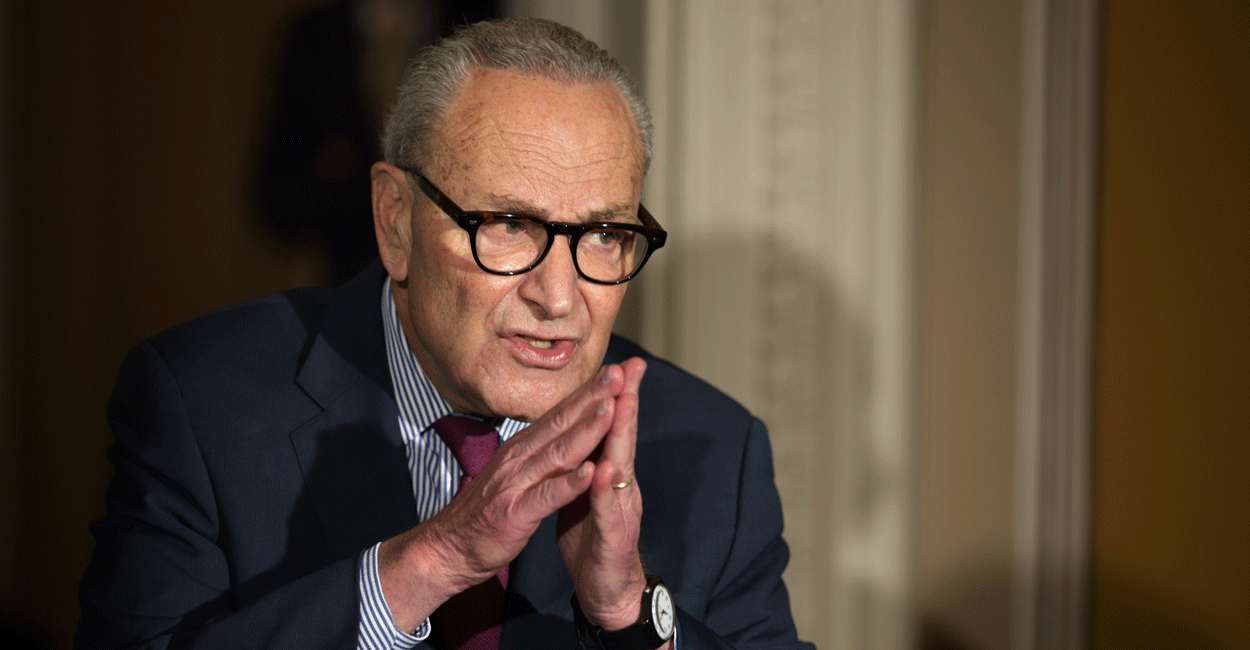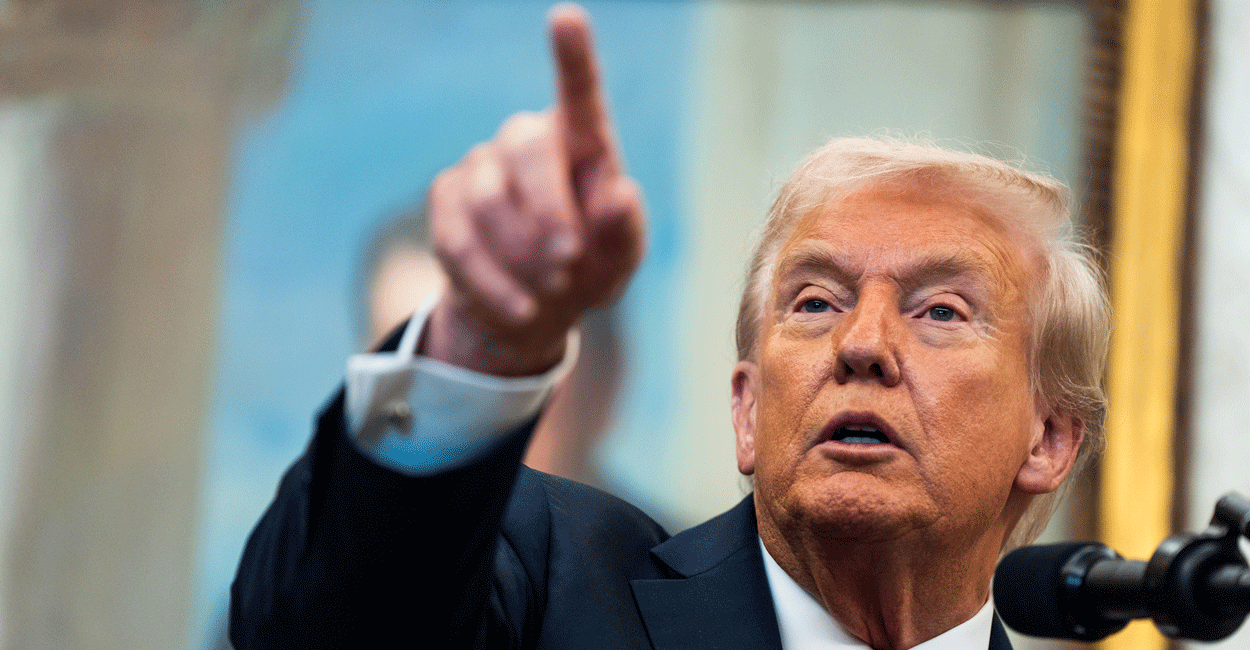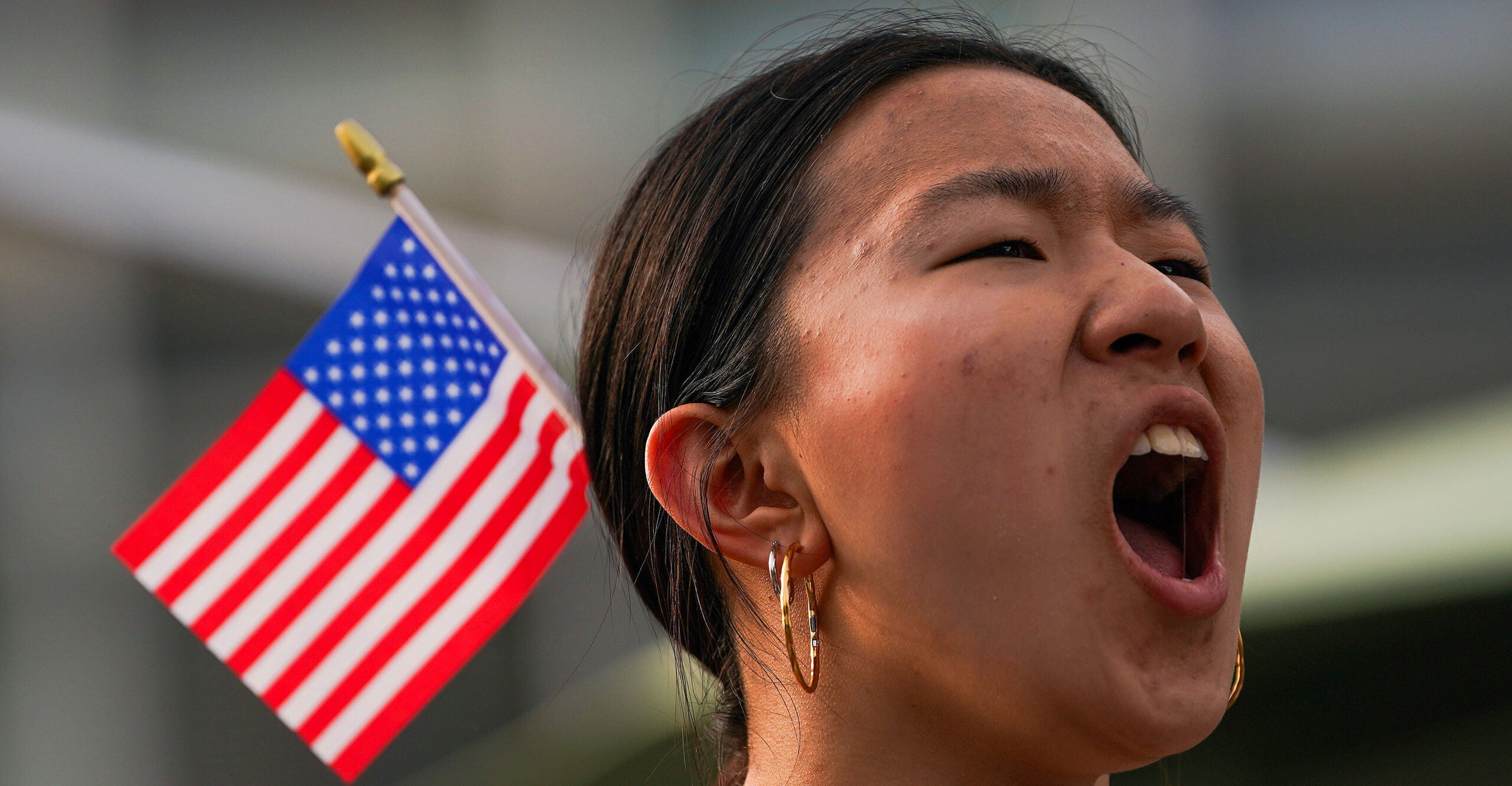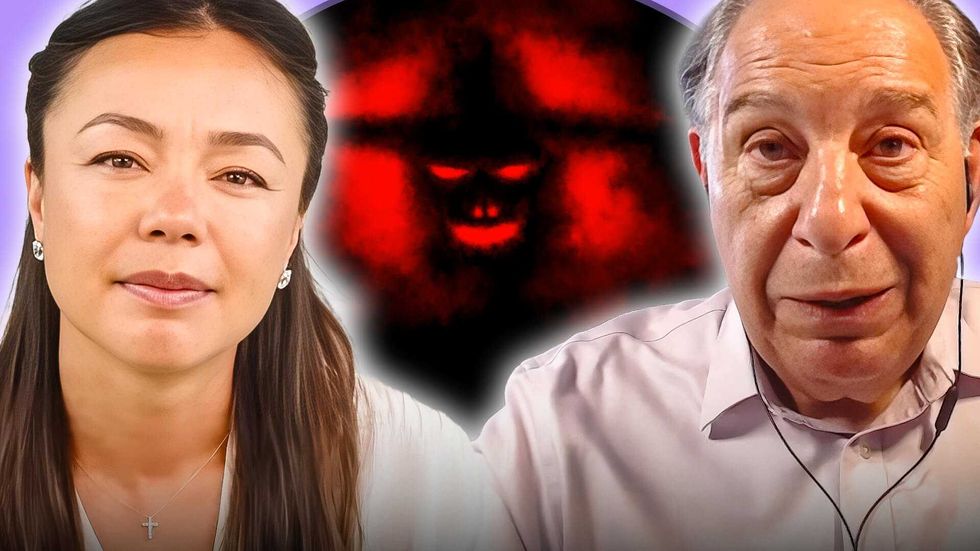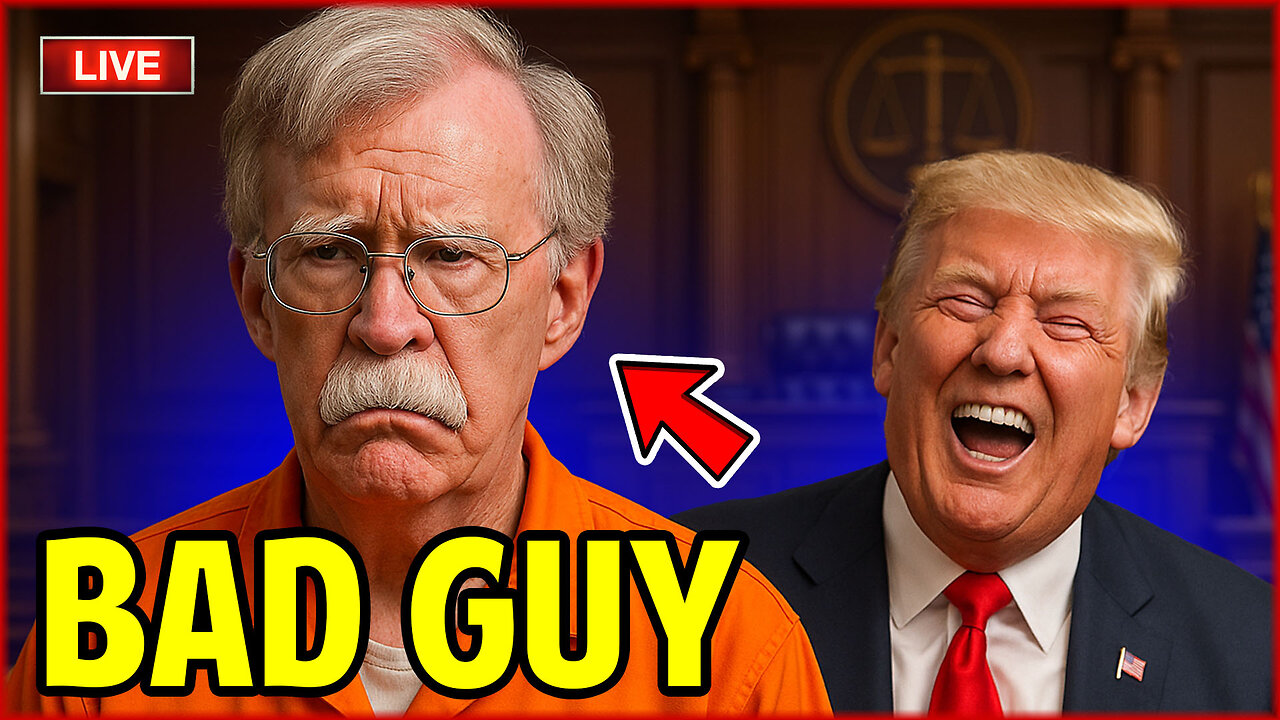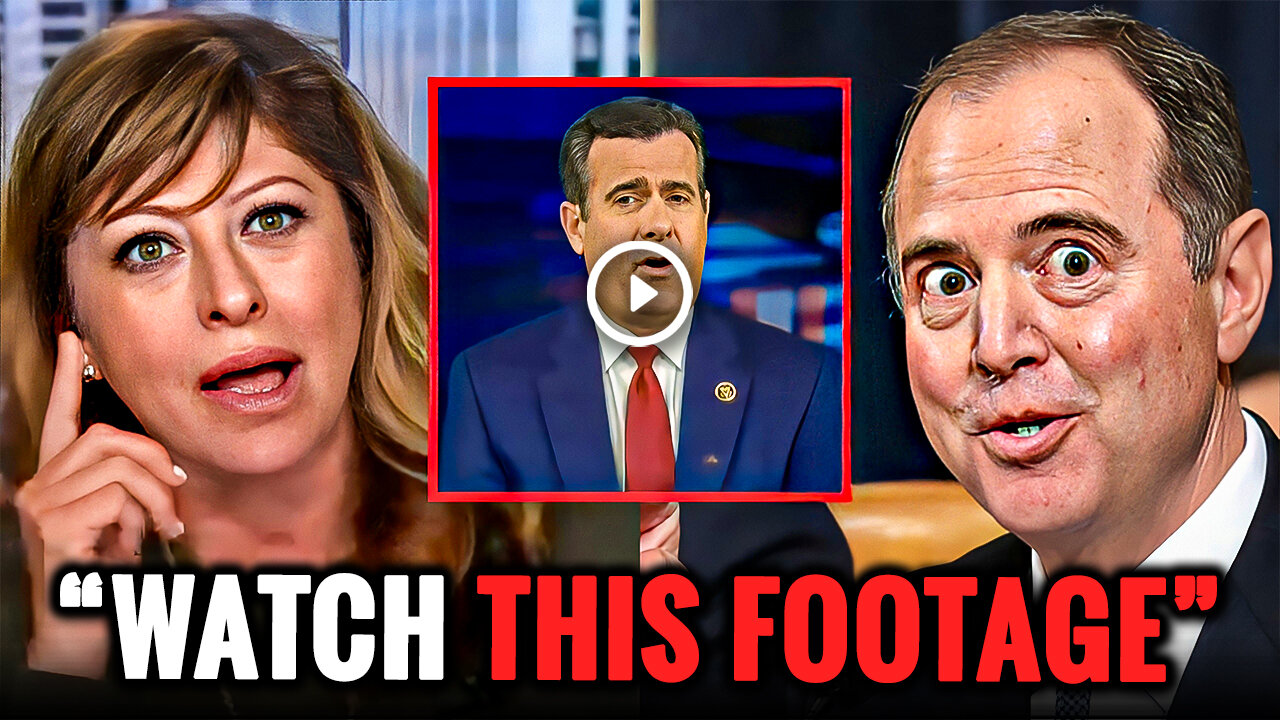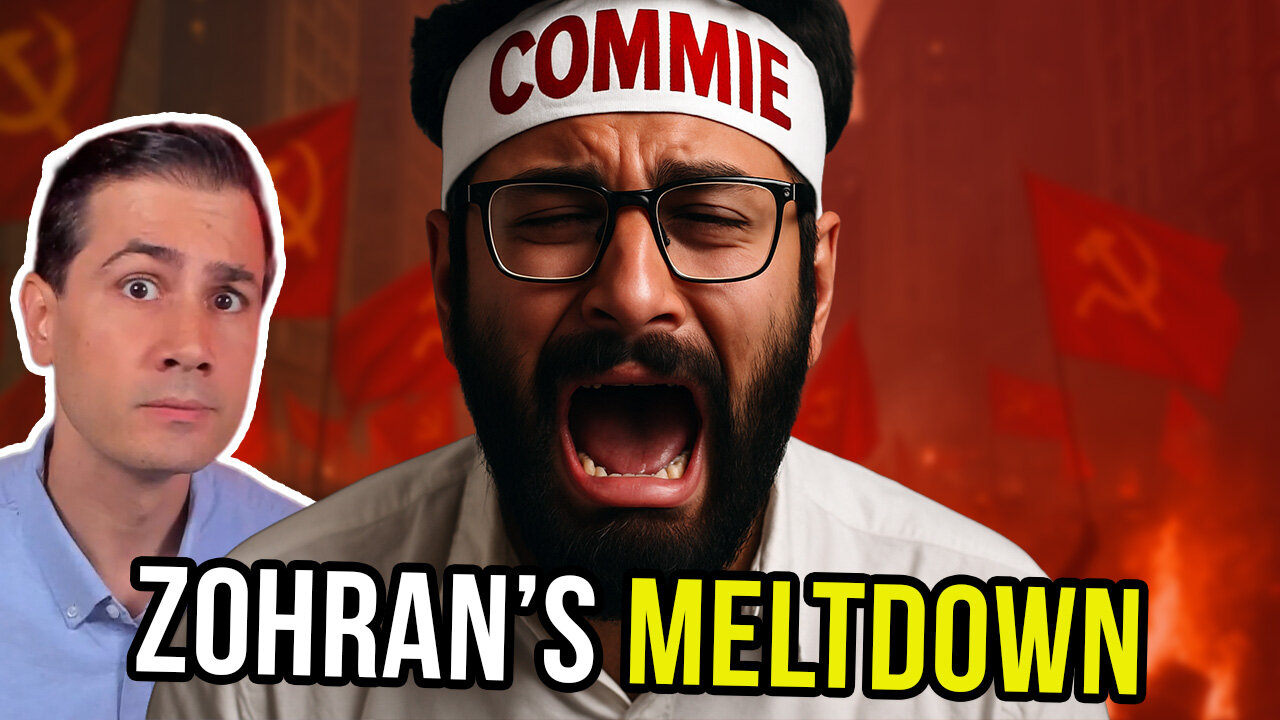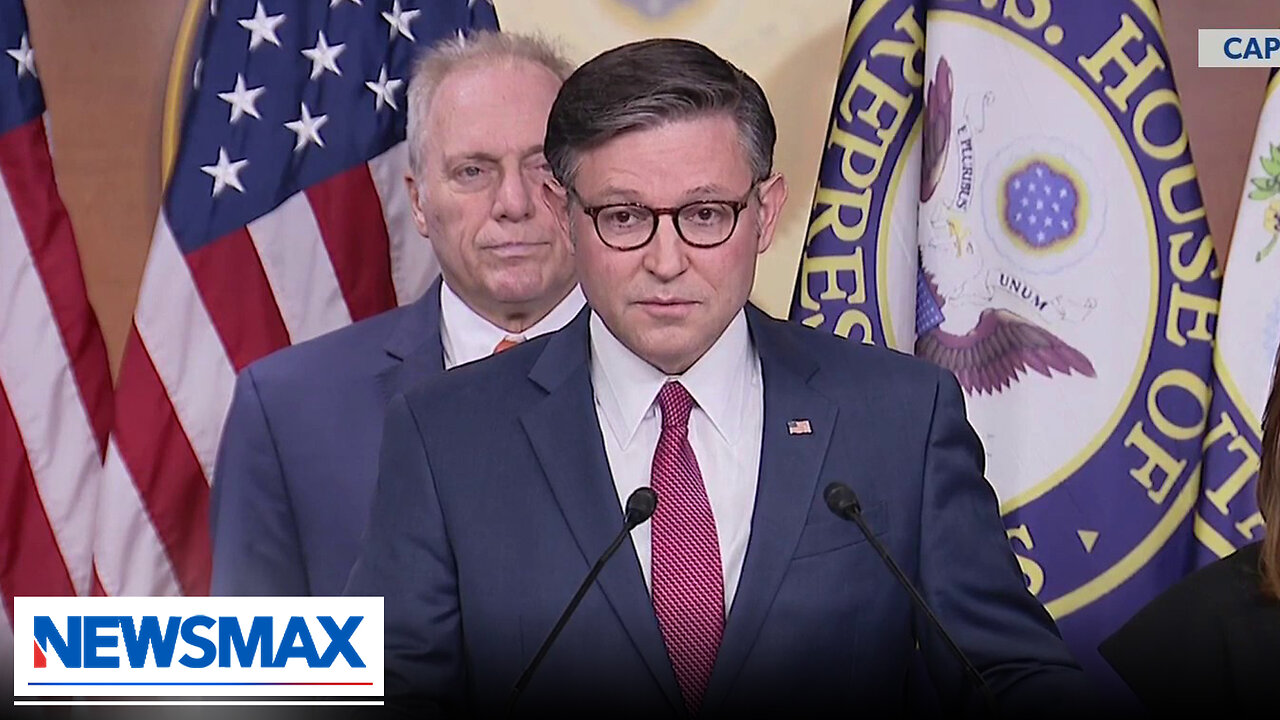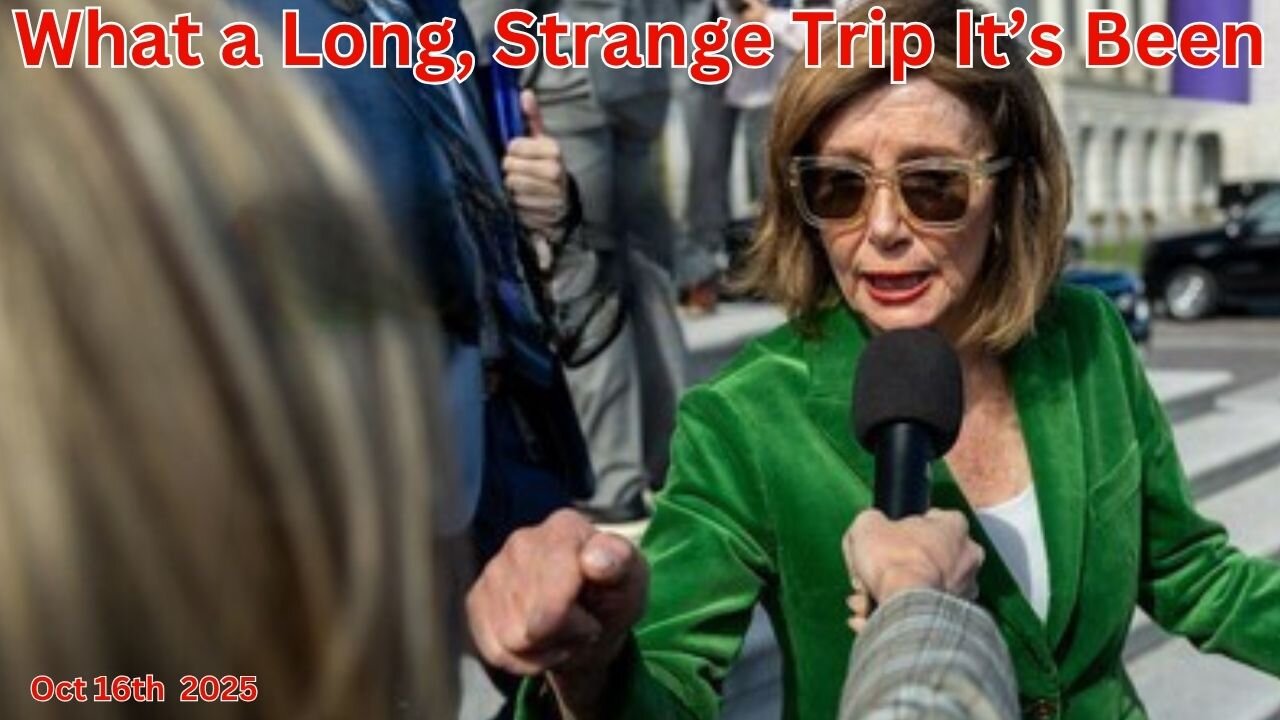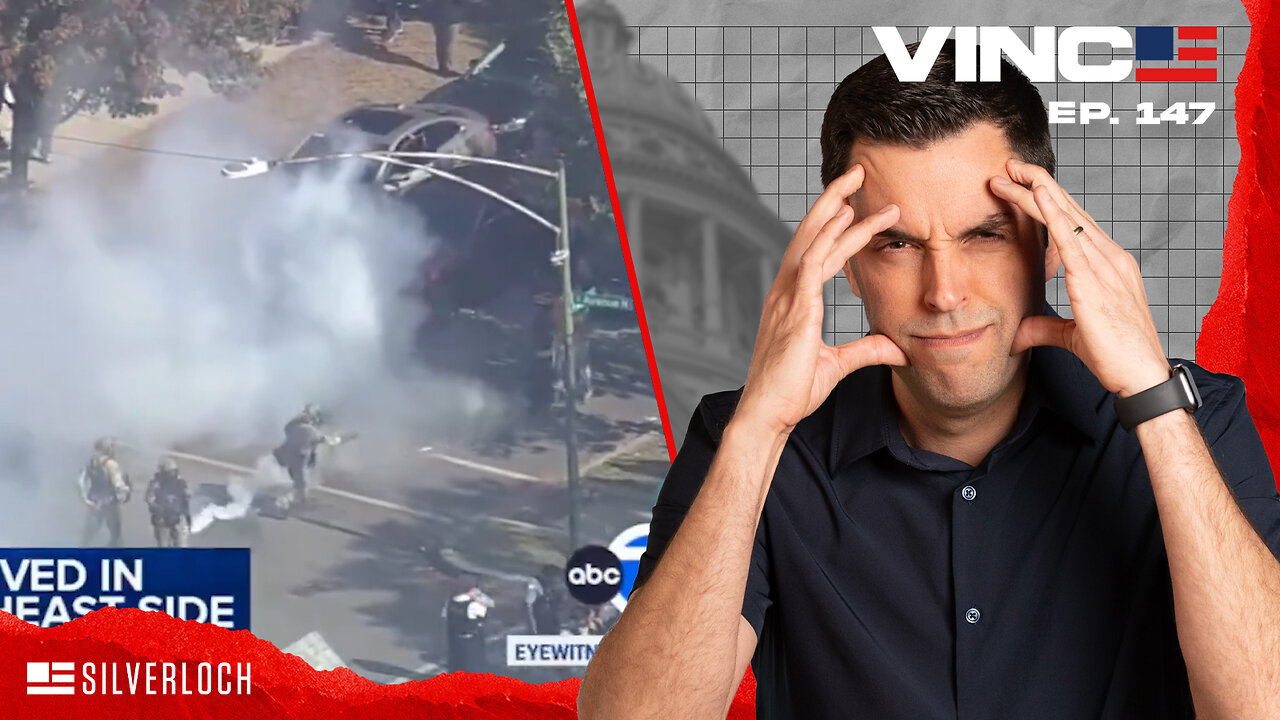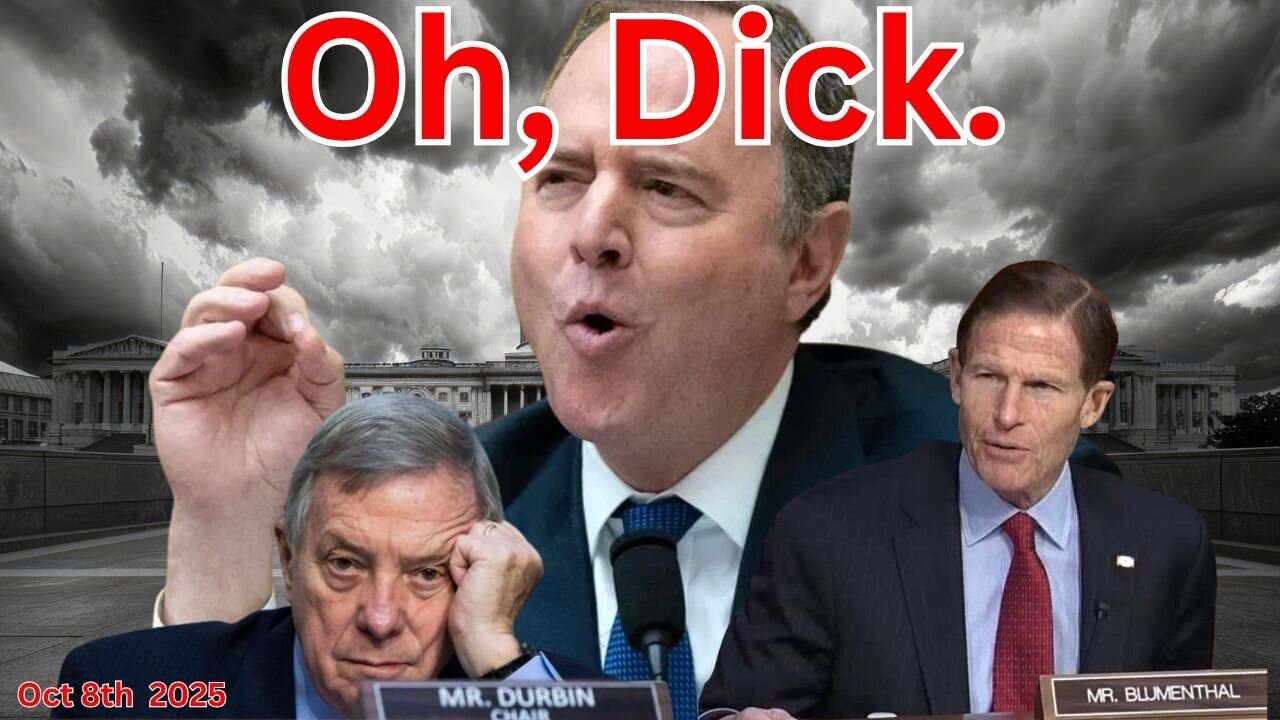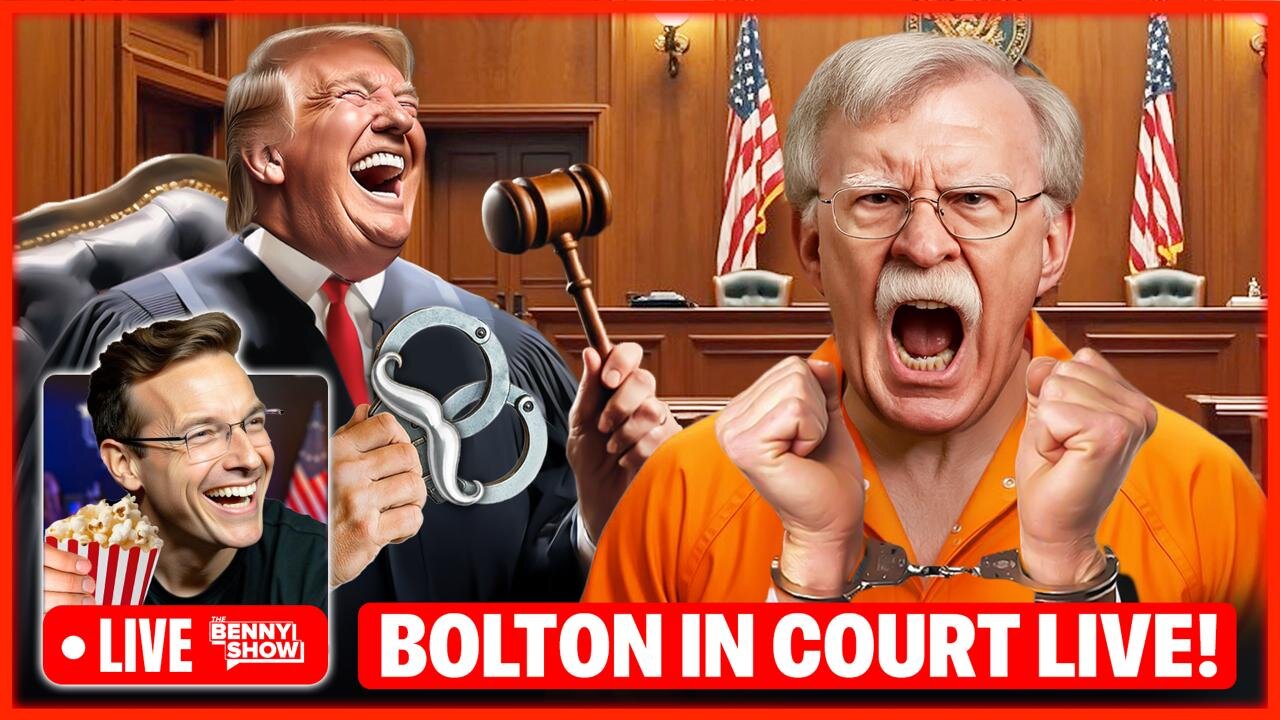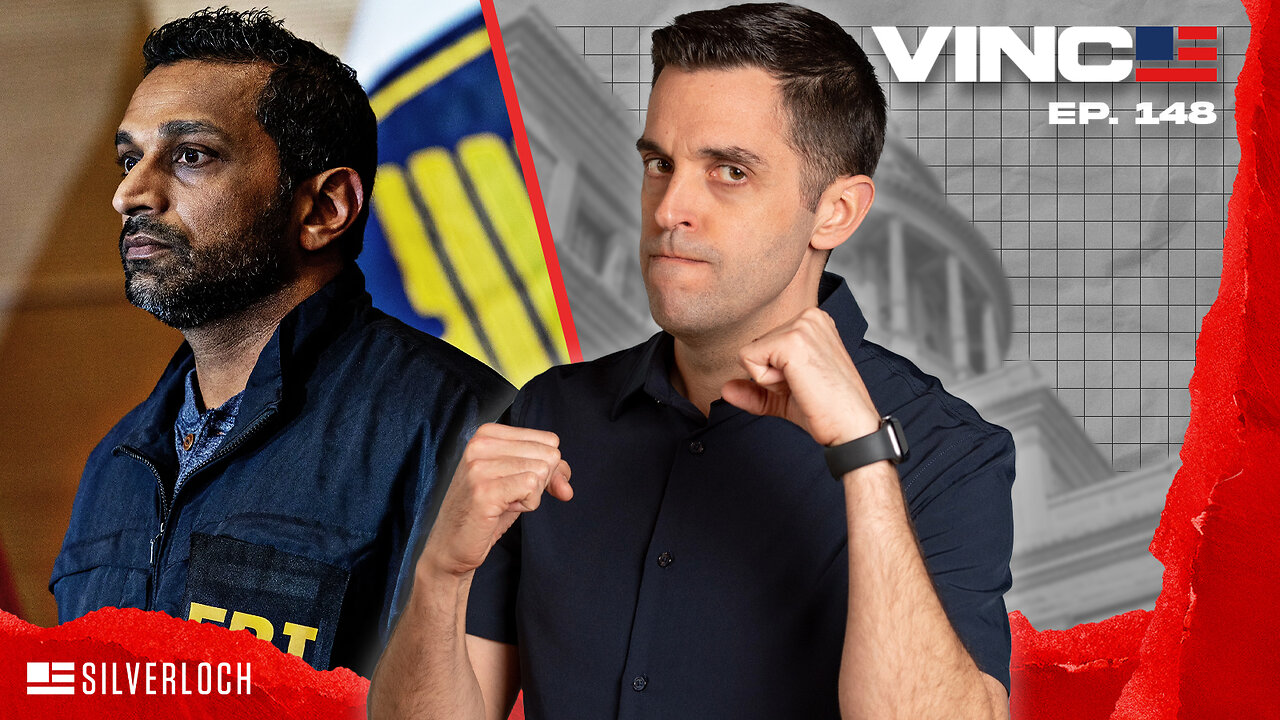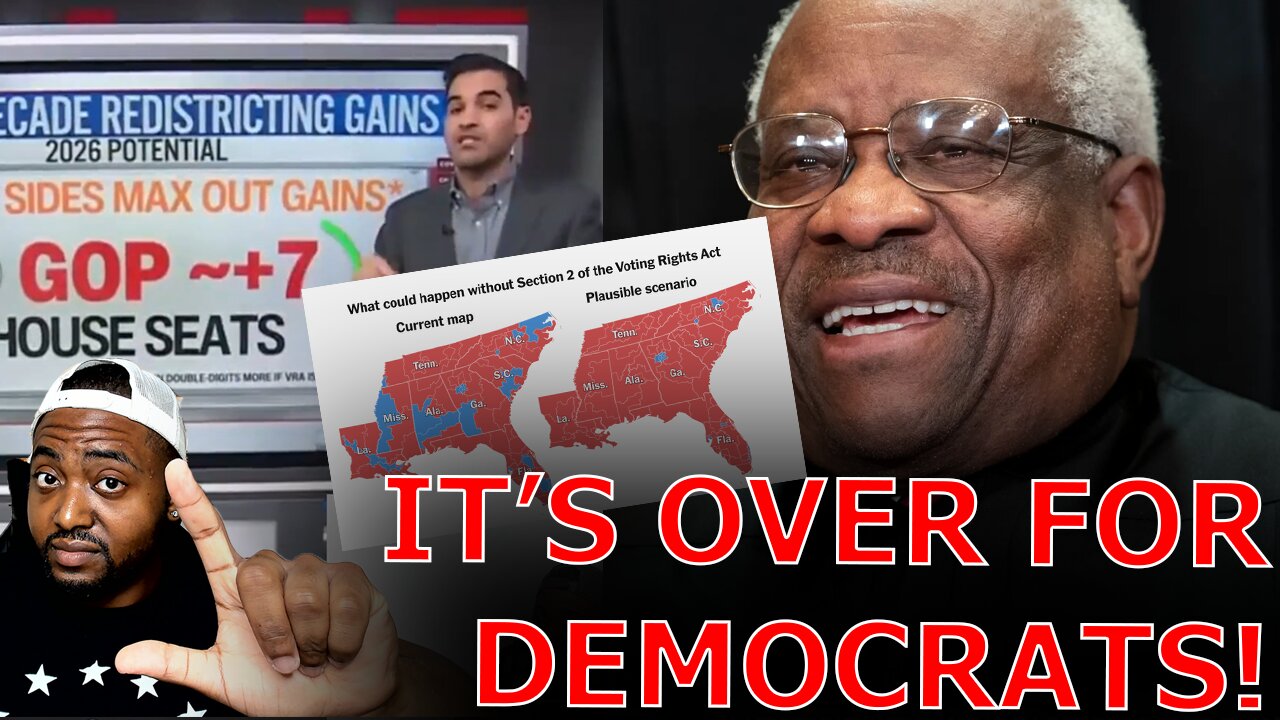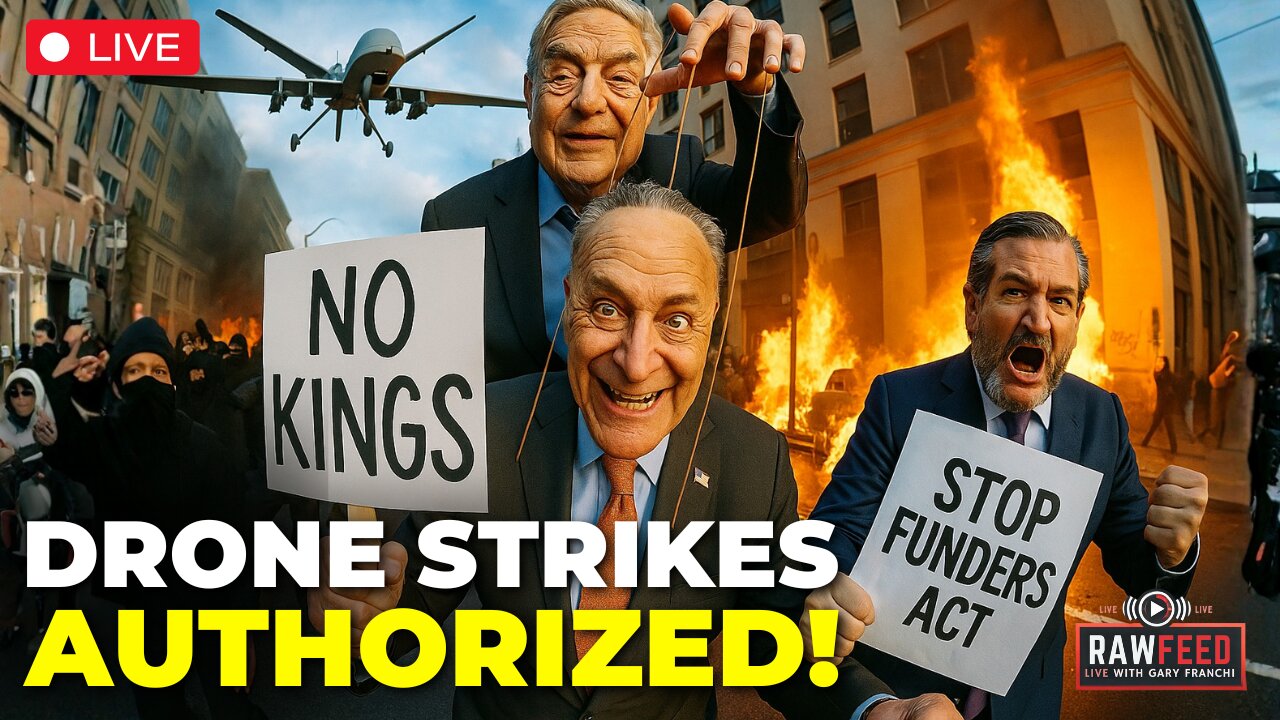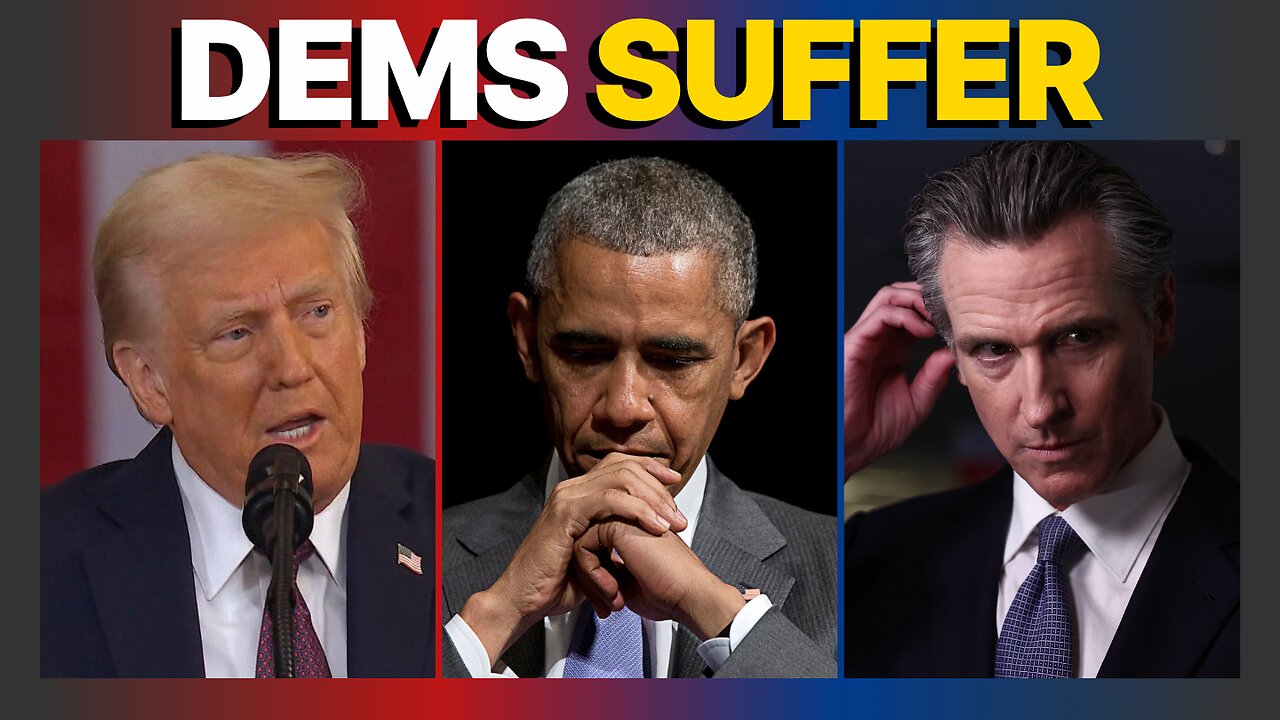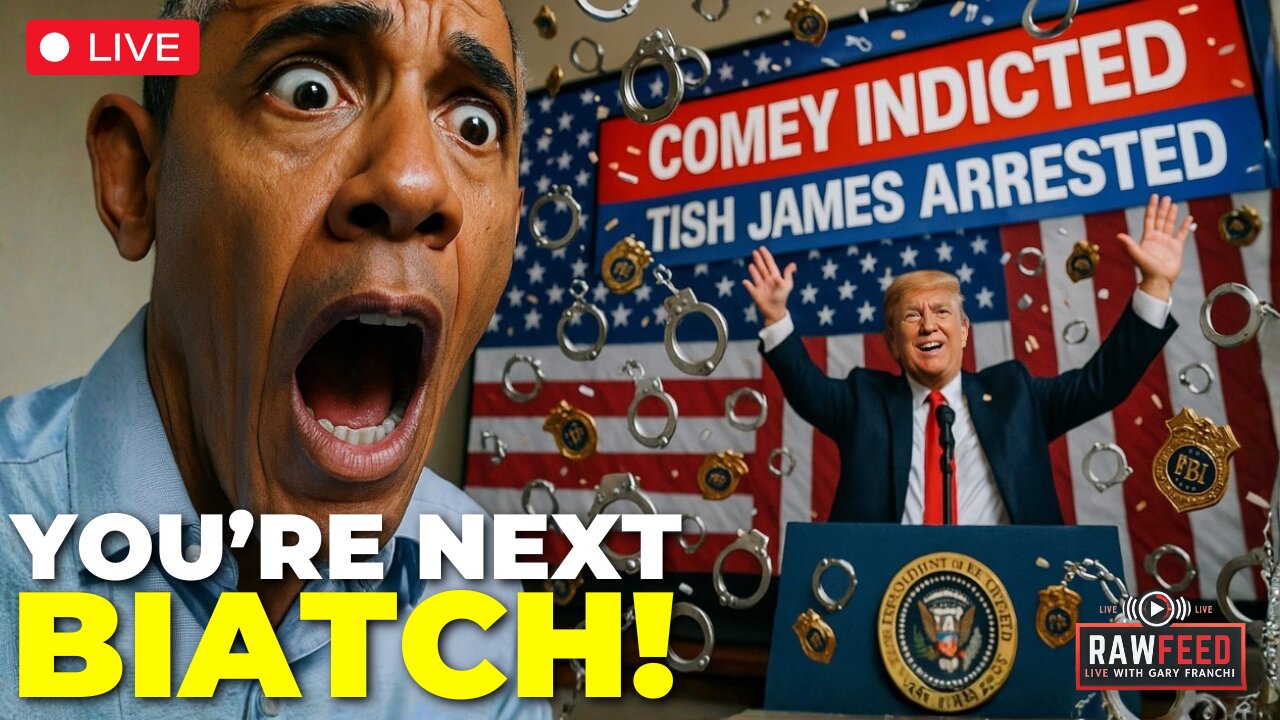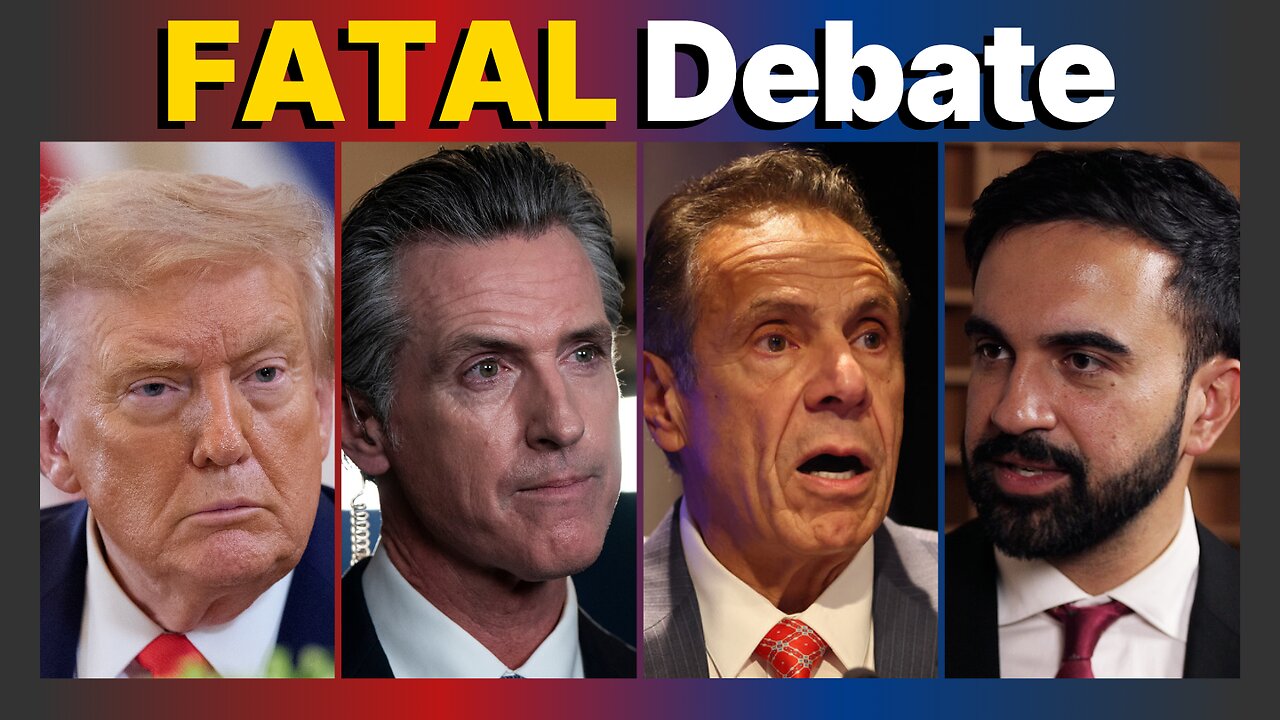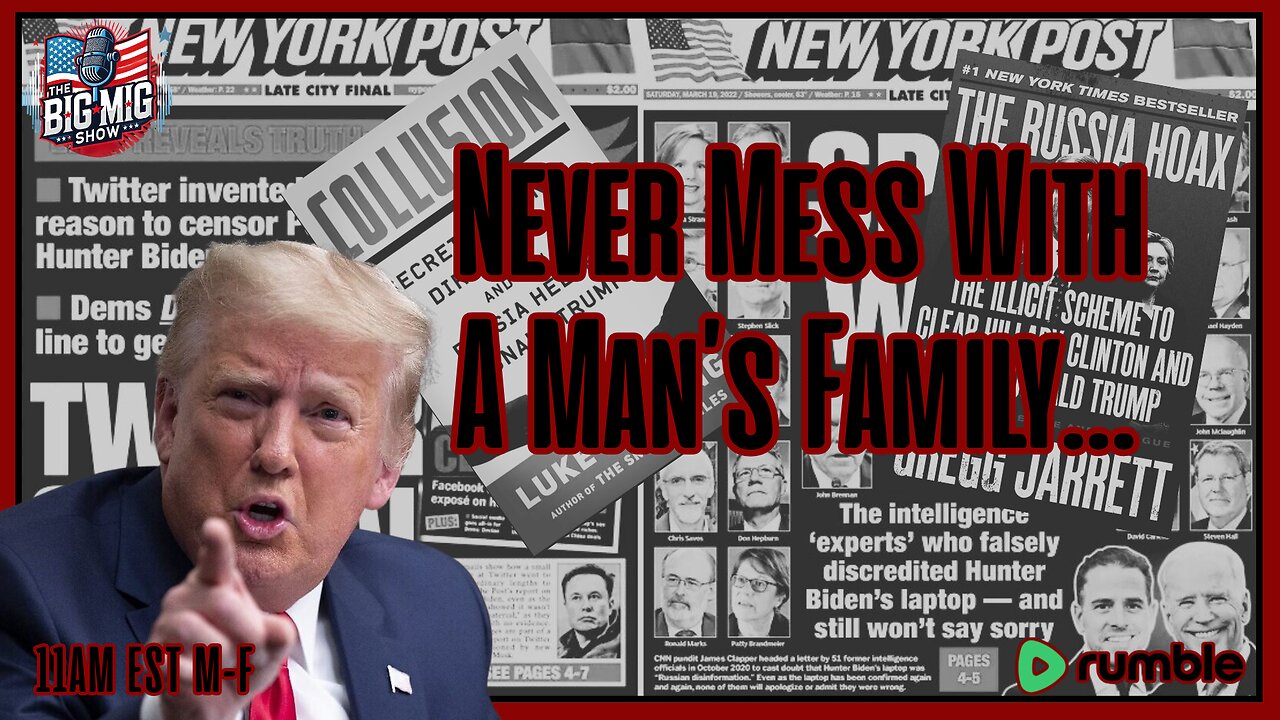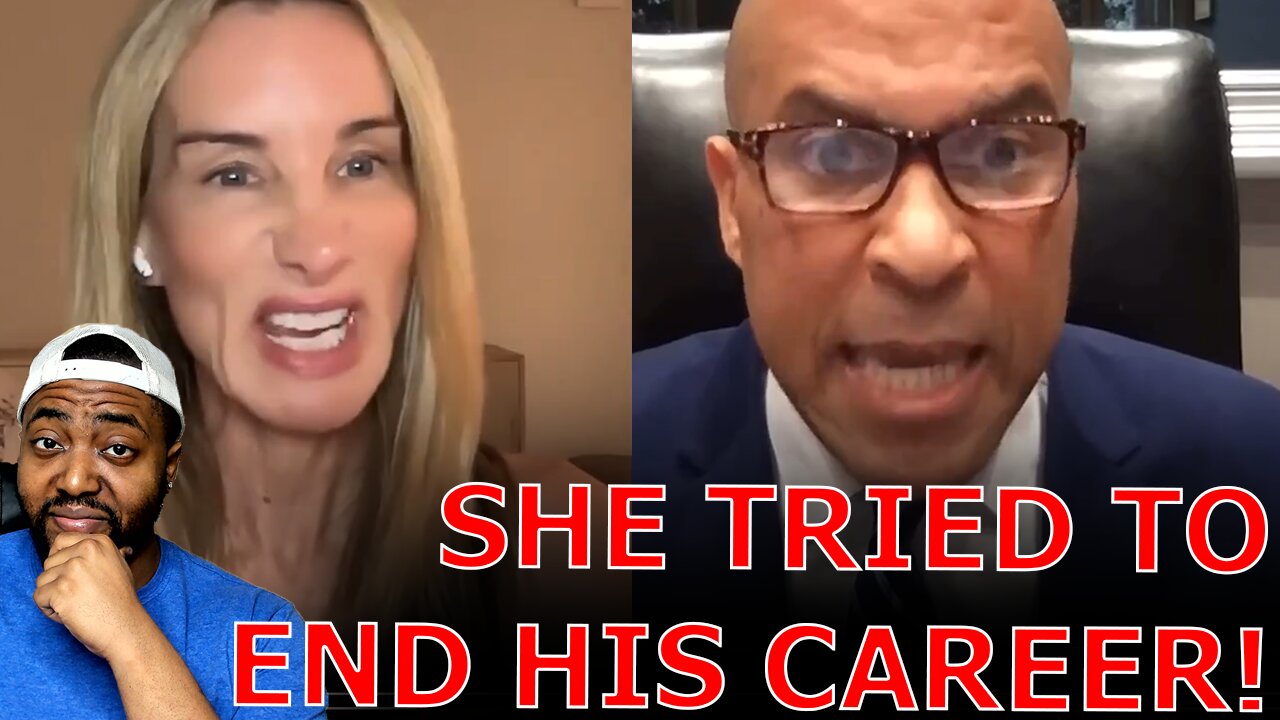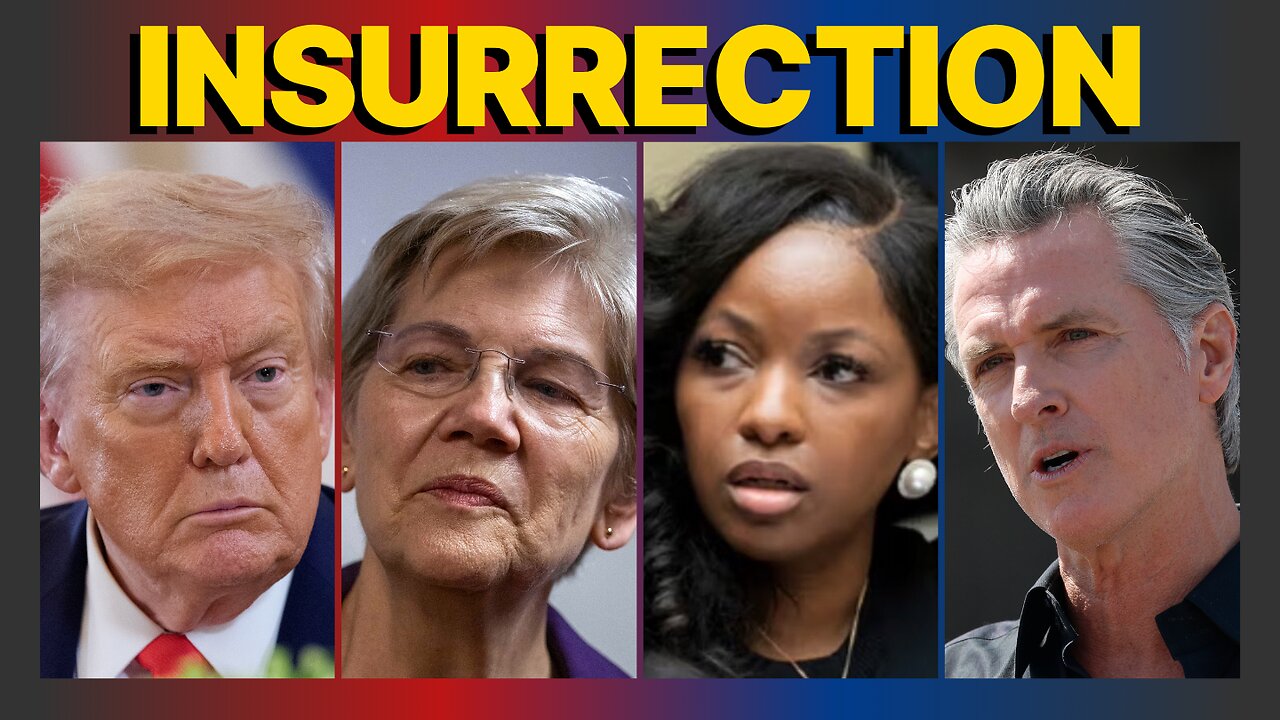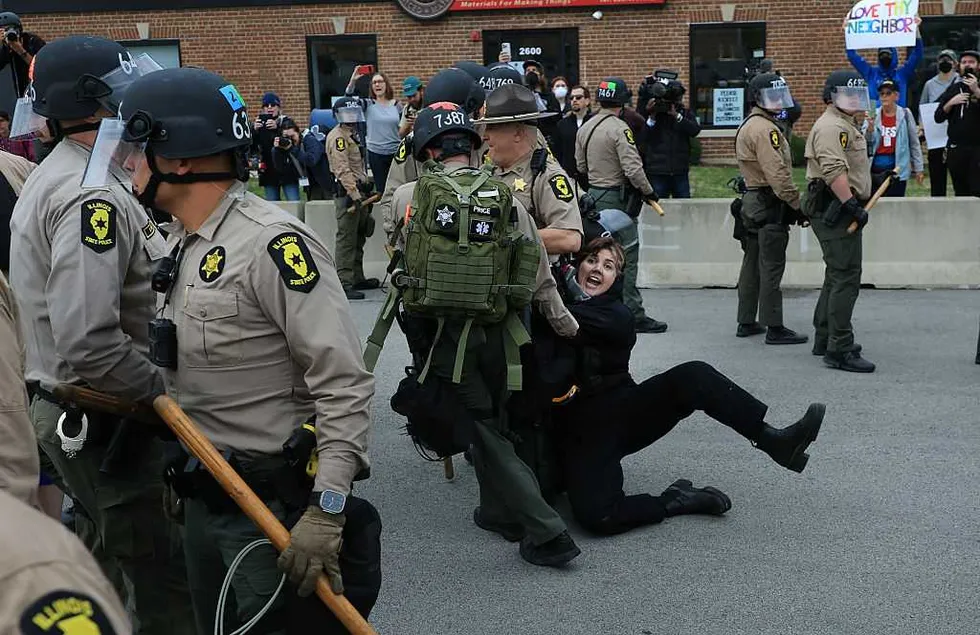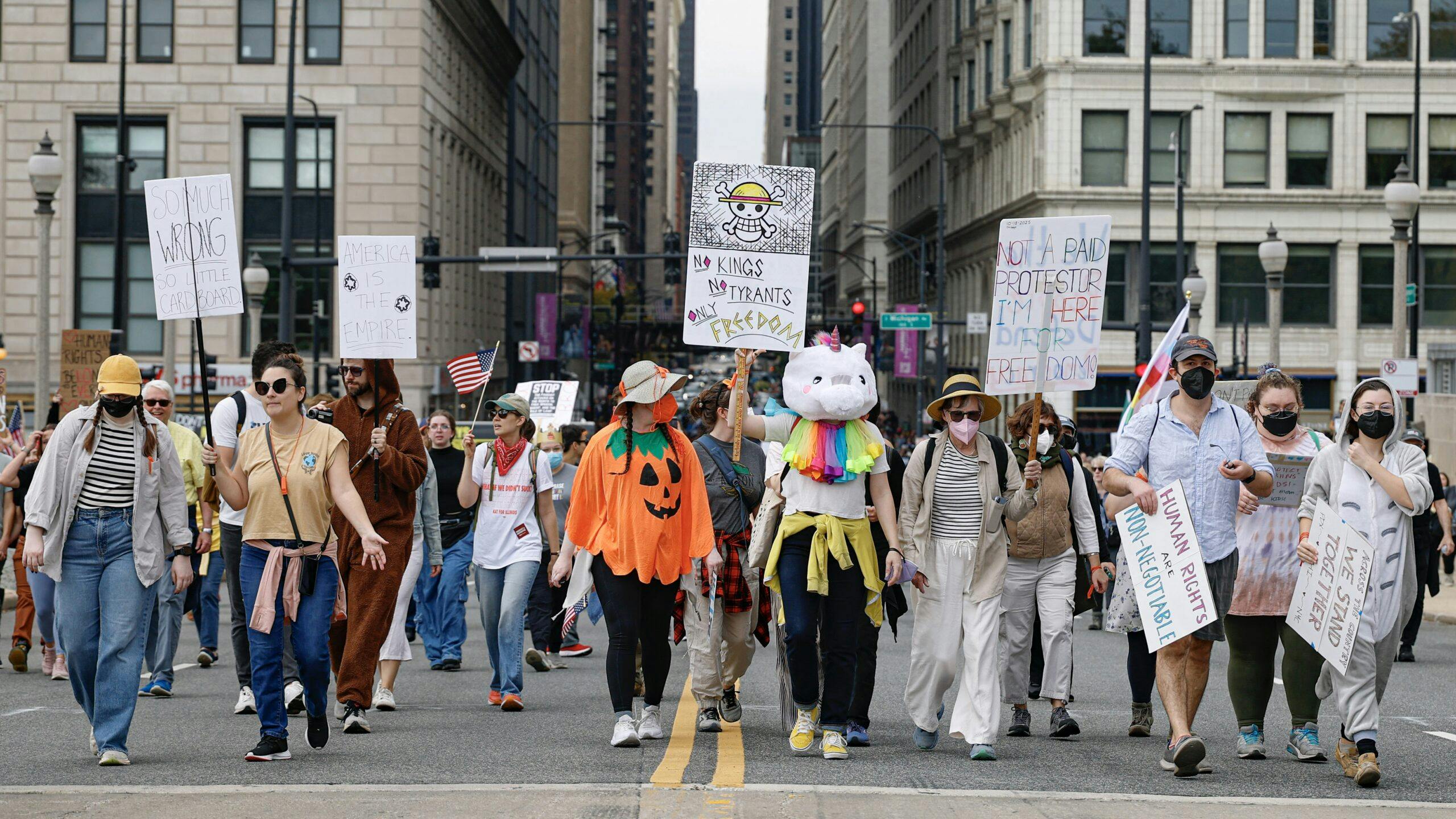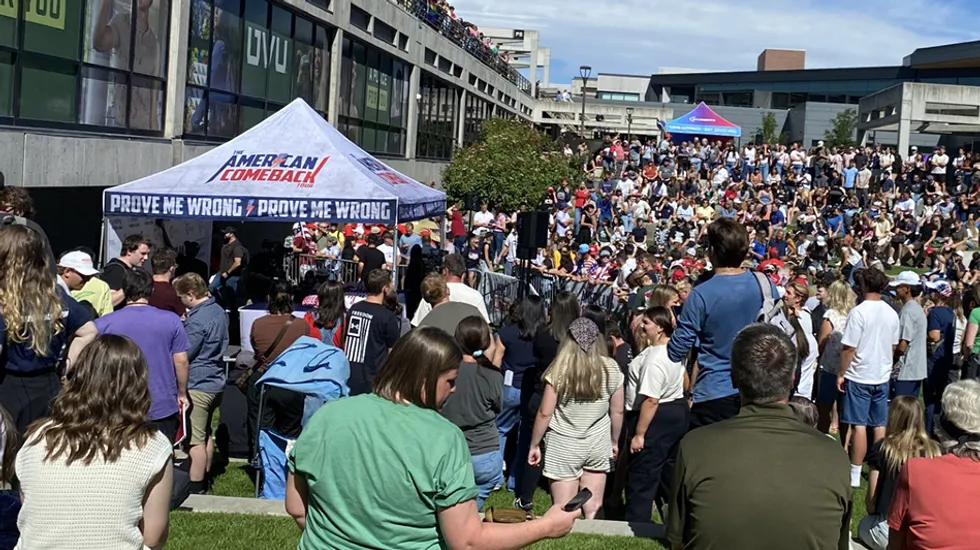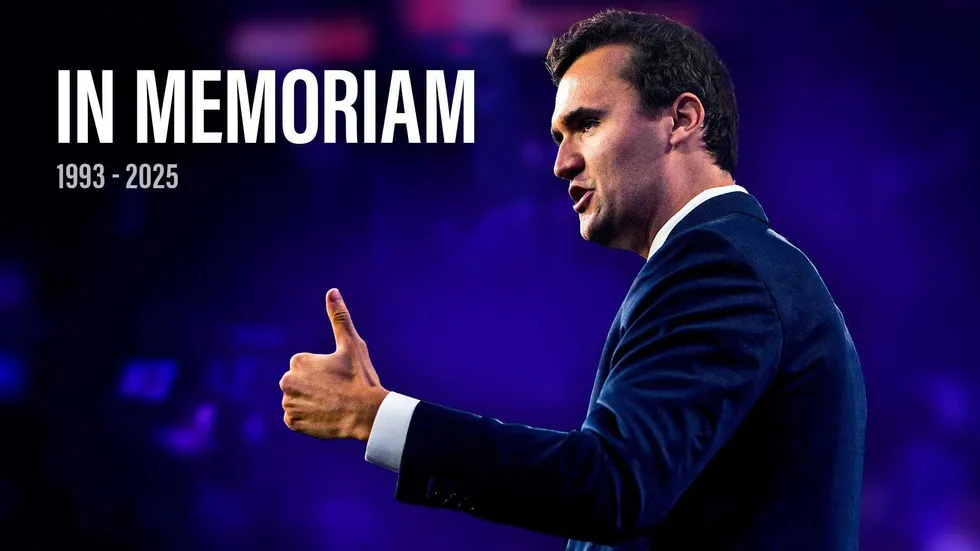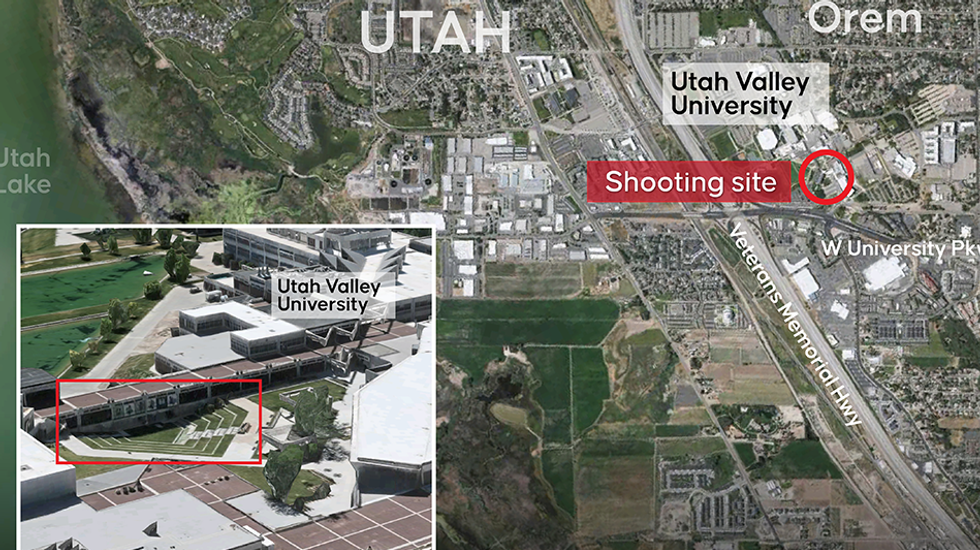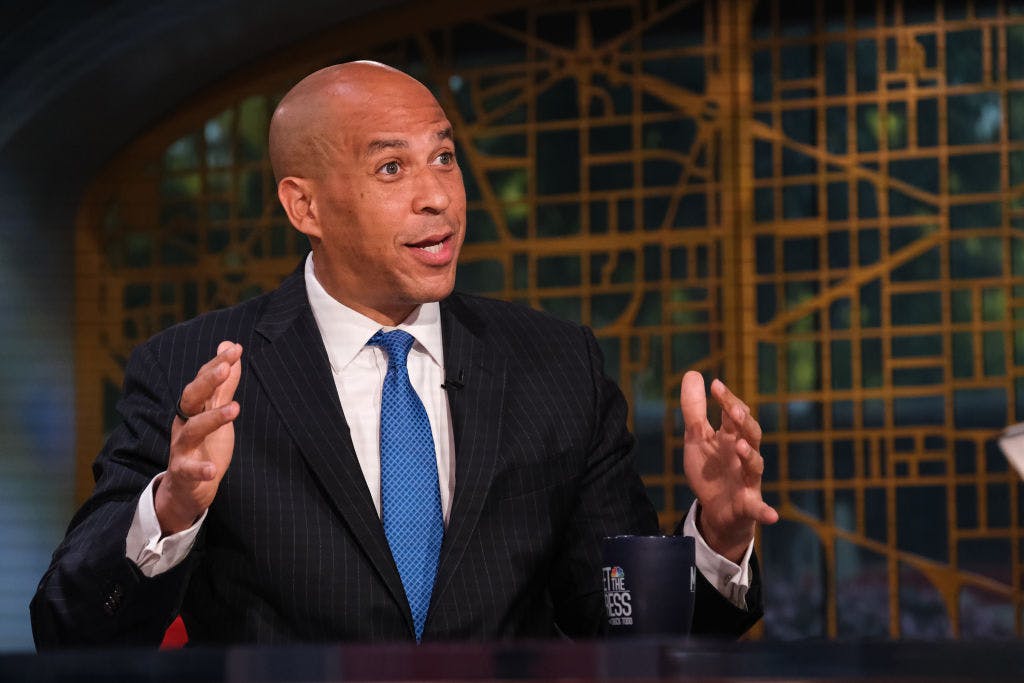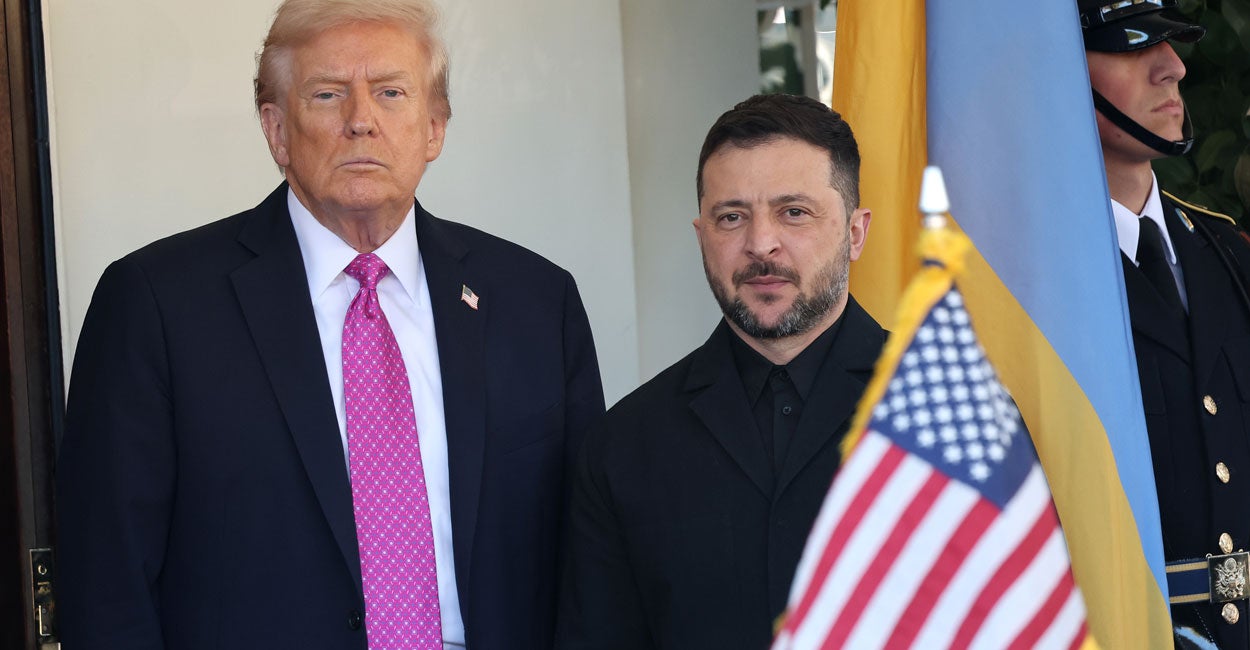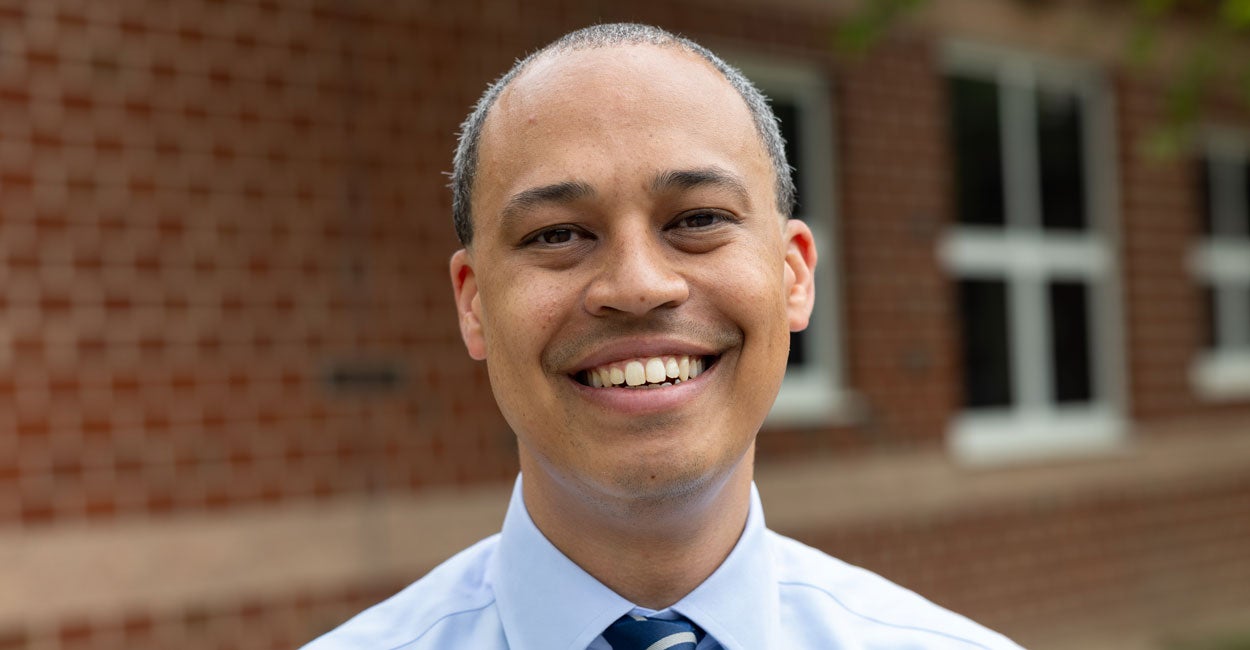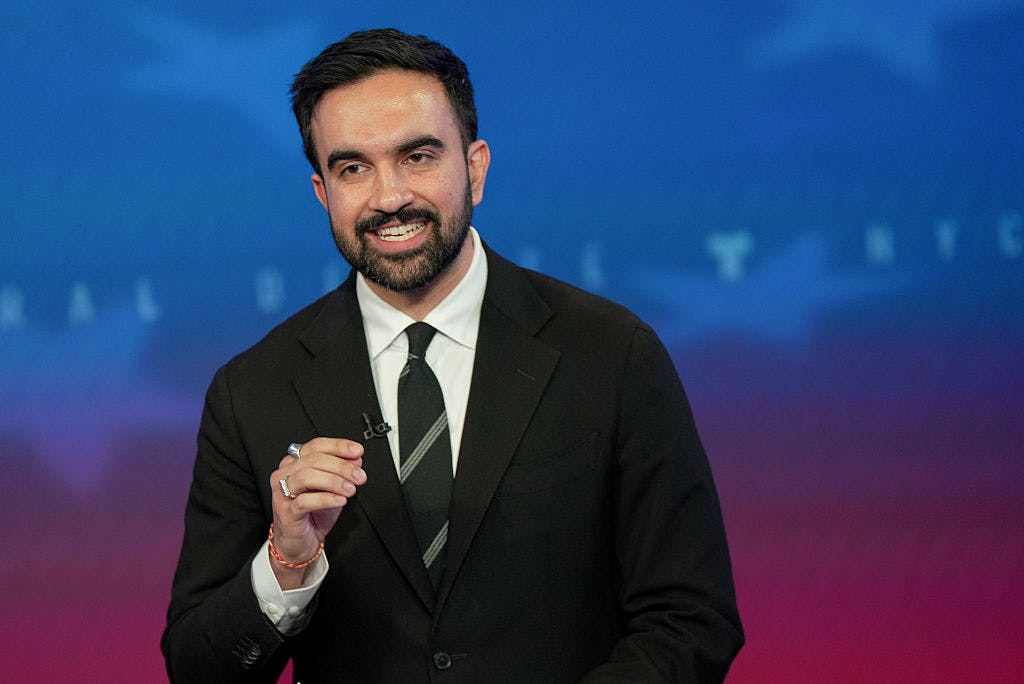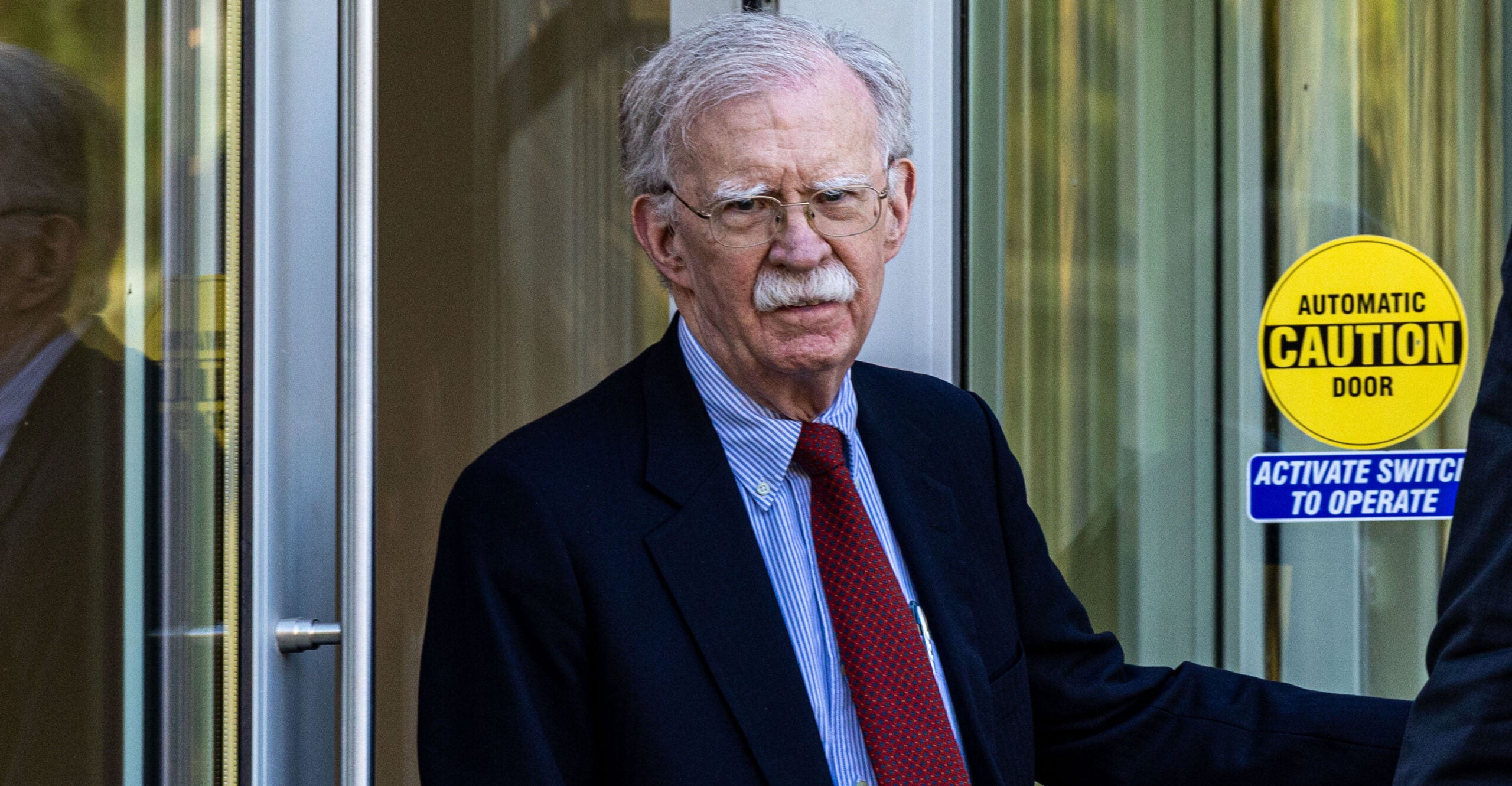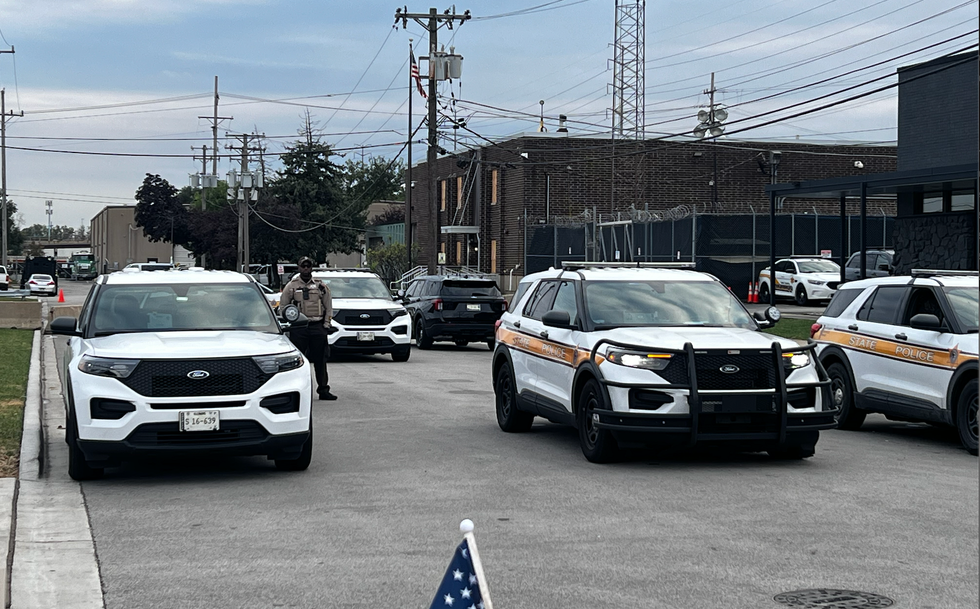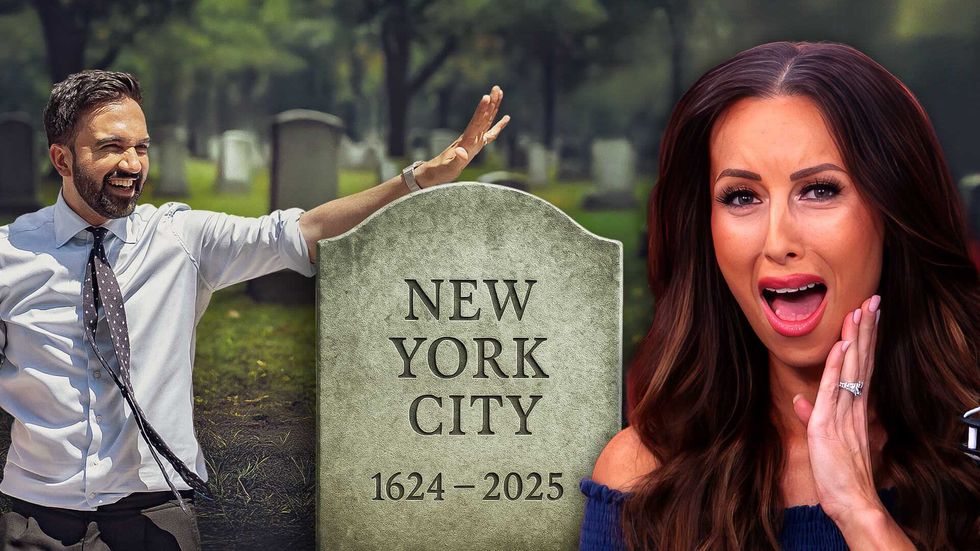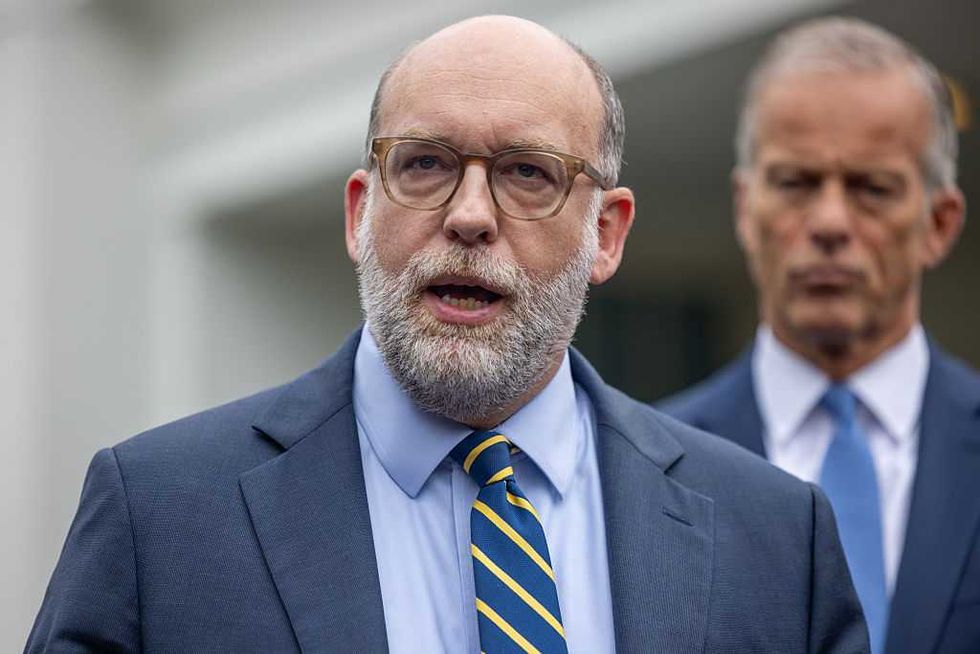Supreme Court Must Protect Citizen-Journalists From Oregon’s Censorship

Right now, the U.S. Supreme Court faces a crucial test: deciding whether states can criminalize undercover journalism simply because those in power dislike being recorded. At stake is more than just one organization’s right to expose wrongdoing — it’s about safeguarding free speech and transparency in an era increasingly defined by censorship and institutional distrust.
Project Veritas, known for undercover exposés revealing abuses within powerful institutions, recently petitioned the Supreme Court to challenge Oregon’s restrictive recording law. This statute demands that anyone recording in even the most public of places notify everyone else that they are being recorded. But there’s a rub: the state doles about permission slips making it easier to record some subjects, but not others. In short, Oregon law says you can easily record police abuse but not a school administrator admitting to indoctrinating students.
This arbitrary distinction represents precisely the kind of content-based speech restriction the First Amendment prohibits. It gives state authorities unchecked power to silence investigative efforts those in power dislike while permitting other investigations deemed politically acceptable.
Daily Wire readers should understand these implications clearly. The conservative movement has seen firsthand how selective enforcement of “privacy” laws punishes those uncovering inconvenient truths. Consider the notorious prosecution of David Daleiden and his investigation into Planned Parenthood. Instead of pursuing Planned Parenthood, California authorities, led by then-Attorney General Kamala Harris, targeted Daleiden himself.
Matt Walsh aptly warned at the time that such prosecutions could “criminalize all forms of undercover journalism.” Walsh was right: when governments can weaponize privacy laws against whistleblowers, corruption thrives unchecked. We’d like to stop that.
Project Veritas’s case underscores this danger. If Oregon’s law stands, it sets a precedent emboldening other states to enact similarly repressive measures. Such laws don’t merely threaten controversial groups like Project Veritas — they imperil every citizen-journalist, whistleblower, and parent aiming to hold those in power accountable.
Imagine parents secretly recording school officials implementing extremist curricula, or a VA hospital employee documenting abuse against veterans. Under Oregon’s model, these citizen-journalists become criminals rather than heroes. Balderdash.
Critics argue undercover journalism invades privacy. Yet, there’s a critical difference between personal privacy and public accountability. Recording private citizens’ truly private conversations — happening, say in someone’s home or a doctor’s office — is rightly protected against. But public officials and newsworthy figures talking about bad deeds or public policy in public must not be shielded from scrutiny.
The hypocrisy here is glaring. Legacy media applauded secret recordings like the Access Hollywood tapes or Greenpeace’s hidden-camera sting of Exxon executives because these aligned politically with their interests. Yet conservative-leaning investigations face condemnation and criminalization. Oregon’s law codifies this double standard into state policy, echoing Orwell’s chilling warning in “Animal Farm,” “All animals are equal, but some animals are more equal than others.” The state now decides whose truths may be exposed and whose must remain hidden, a hallmark of dystopian control.
Today, Americans distrust legacy media precisely because traditional reporting methods often fail to reveal the full truth. In our digital age, audiences demand — and deserve — objective evidence. Hidden cameras have become essential tools for accountability journalism, offering unfiltered glimpses into realities otherwise obscured by spin, stonewalling, and hidden agendas.
If the Supreme Court allows Oregon to criminalize this essential method of truth-gathering, it cripples the First Amendment. Citizen-journalism, which Daily Wire audiences rightly value, becomes vulnerable nationwide. The justices must affirm a core constitutional principle: truth doesn’t need permission from those hiding it. Our American guarantee of free speech supports rigorous, bold investigations capable of exposing hidden abuses. In 2025, undercover journalism isn’t a fringe tactic — it’s a fundamental aspect of free inquiry and transparency.
It’s time the Supreme Court rejects Oregon’s unconstitutional censorship. America needs more citizen-journalism, not less. The freedom to expose wrongdoing must remain protected — even if it makes the powerful uncomfortable.
* * *
Benjamin Barr is a partner at Barr & Klein PLLC where his practice engages in a variety of constitutional litigation nationwide. Along with his law partner, Stephen R. Klein, the firm represents Project Veritas in this matter.
The views expressed in this piece are those of the author and do not necessarily represent those of the Daily Wire.
Originally Published at Daily Wire, Daily Signal, or The Blaze
What's Your Reaction?
 Like
0
Like
0
 Dislike
0
Dislike
0
 Love
0
Love
0
 Funny
0
Funny
0
 Angry
0
Angry
0
 Sad
0
Sad
0
 Wow
0
Wow
0
